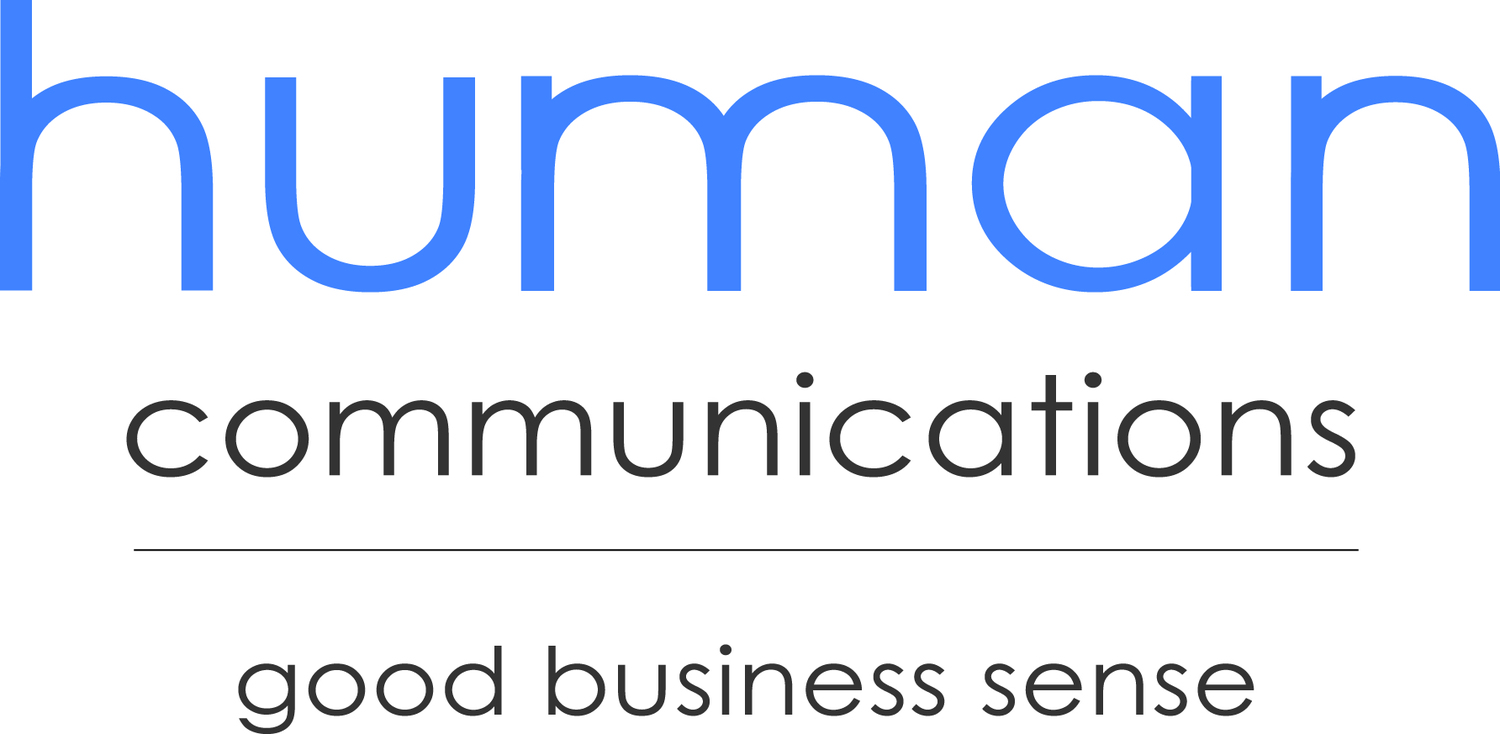Jargon words – A surprising reason why your company should avoid them
We're always delighted to hear about companies taking steps to reduce the amount of jargon used in the workplace. Whether you want to communicate more clearly with your customers, or simply ensure that team members understand what leaders require from them, eliminating jargon can play an important part in the process.
But a news story this week provides an additional, if somewhat unusual, reason why companies should avoid business jargon – it may be making them vulnerable to hackers.
Targeted attacks
The New York Times reports that a group of hackers has been using its knowledge of the language used in investment banking to target bank executives who advise the pharmaceutical and healthcare sectors.
By phrasing emails to these executives 'as if they were sent by someone with an extensive background in investment banking,' says the article, the hackers are able to lure them into clicking on links that allow the group to gain access to their email.
FireEye, the security company that first highlighted the attacks, believes the hackers' intention is to search the victims' email for information about public companies. They can then use that information to gain an edge in the financial markets.
'Flawless English'
At the same time, it looks like the hackers' linguistic talents may have given them another advantage – their ability to communicate in 'flawless English' reportedly makes them harder to track than the perpetrators of other high-profile hacking attacks.
A FireEye representative said that the company feels the attacks are 'the work of Americans or Europeans who have worked in the investment banking industry here in the United States,' according to the article.
'If it's not an American, it is someone who has been involved in the investment banking community and knows its colloquialisms really well,' she added.
One of the few benefits of using jargon has always been that it allows people to demonstrate that they belong within a particular company or industry. Now, it seems, even that distinction may be at risk...

